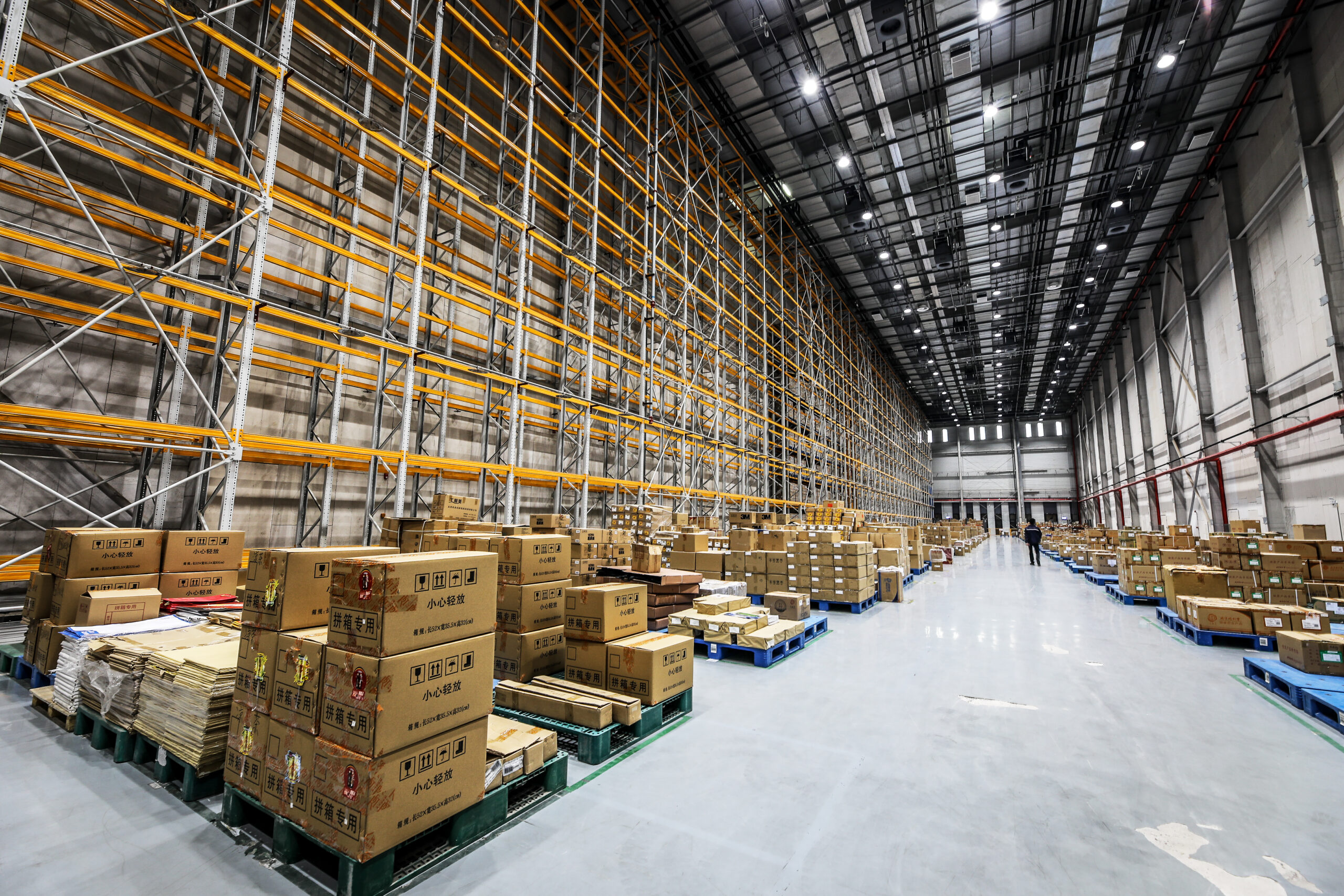‘For now what is more disruptive than anything is consumer’s panic,’ says Pauline Bastidon, Head of European and Global Policy at the Freight and Transport Association. In an interview with The Logistics Point the expert looks at how the new coronavirus could affect supply chains and talks about the readiness of the industry.
READ: UK’s Brexit mandate: disappointing and unambitious
Currently a lot of consumers are panicking and rushing to the shops to try and stockpile a lot of products. ‘Every time consumers do that, they are disrupting the work of people who are trying to make sure that shops remain full,’ continues Bastidon. She acknowledges there is a significant challenge to the logistics industry and that the supply chain will be affected badly in the coming weeks.
Glocal impact
The wide range of goods that come from China and SouthEast Asia are being affected and this will have an impact on what is happening in Europe and the rest of the world. A lot of ship lines had to cancel scheduled departures because goods are not being made and there is a lack of demand. For shipping lines it makes more sense to stop parts of their operations.
‘That has had an impact not only on the production in China but also the rest of Asia,’ Bastidon explains. ‘Vessels stop at different ports along the way. If one is pulled from the schedule then by definition all ports on its way are affected, no matter if they are experiencing problems with the virus or not.’
DOWNLOAD: The Logistics Point Magazine Feb/March
Air freight connections have also been damaged. ‘To a very large extent we rely on passenger’s aircrafts, because goods are carried in the bellyholds,’ Bastidon continues. With the cancellation of many scheduled flights the logistics industry has suffered too. The Air freight market is currently dealing with less capacity, which is not only making moving goods harder but also more expensive.
FTA members are worried that the virus might become a bigger problem in the UK. ‘This will be a big problem for local deliveries,’ Bastidon says. If people are restricted with their movements this will have implications on production but also on deliveries.


